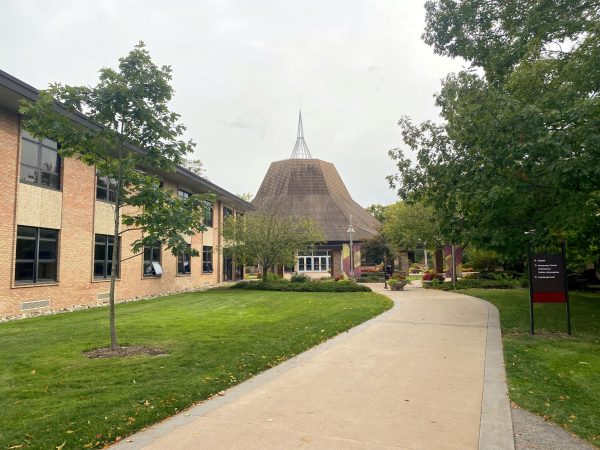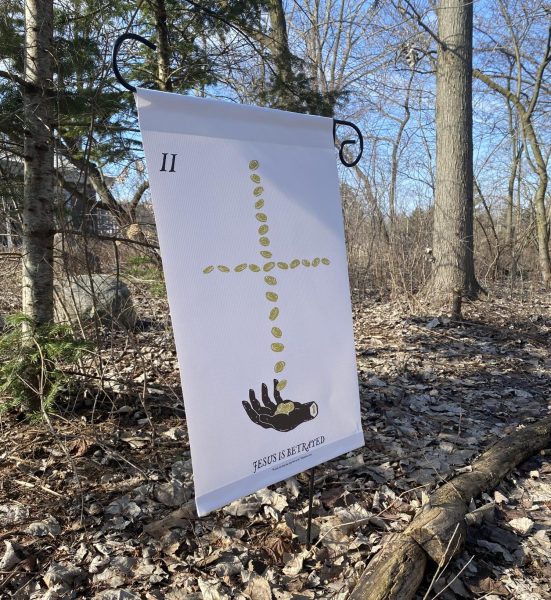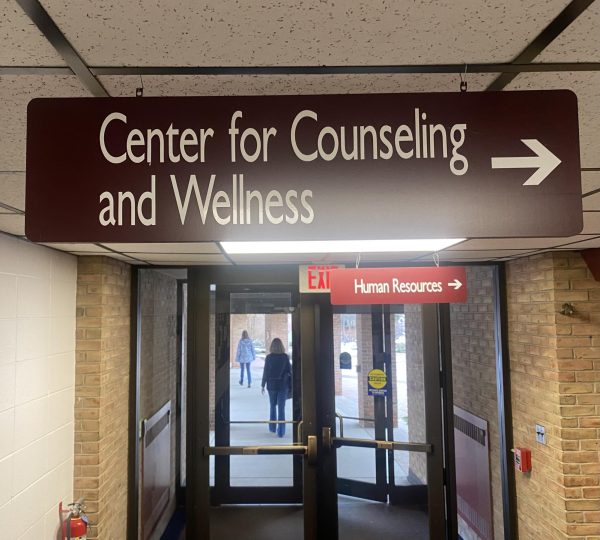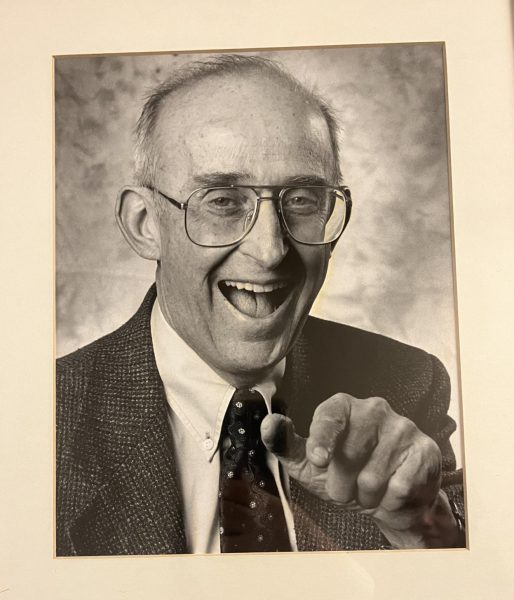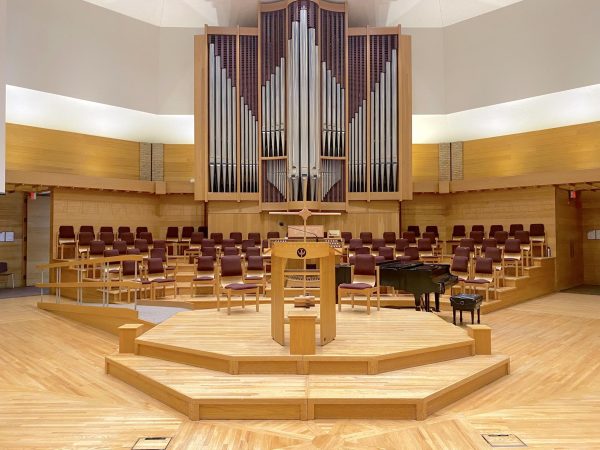Pope Advocates for religions to be “open doors”
Pope Francis’s Nov. 3 address to representatives of different religions drew attention to the sharp contrast between the basic, universal tenets of faith and those of everyday experience. Speaking from the Vatican, Pope Francis welcomed “around 200 members of different religions […] includ[ing] Christians, Jews, Buddhists, Hindus, Muslims and others, who all work in fields related to charity and mercy,” according to the Catholic News Agency. His speech emphasised the importance of mercy and charged people of all faiths to unite in aiding a hurting world.
Religion is often a divisive issue, tearing apart families, communities and countries. Pope Francis acknowledged and lamented this, saying, “not a day passes that we do not hear of acts of violence, conflict, kidnapping, terrorist attacks, killings and destruction. It is horrible that at times, to justify such barbarism, the name of a religion or the name of God himself is invoked. May there be clear condemnation of these iniquitous attitudes that profane the name of God and sully the religious quest of mankind.”
He went on to defend the true essence of religion as the exact opposite of such acts extremism; rather, faith unites us in selflessness and compassion.
“To bow down with compassionate love before the weak and needy is part of the authentic spirit of religion, which rejects the temptation to resort to force, refuses to barter human lives and sees others as brothers and sisters, and never mere statistics,” said Pope Francis. “It is the echo of the divine voice heard in the conscience of every person, calling him or her to reject selfishness and to be open. Open to the Other above us, who knocks on the door of our heart, and open to the other at our side, who knocks at the door of our home, asking for attention and assistance.”
This language of open doors stands in stark contrast to America’s divided culture and speaks of Pope Francis’s truly revolutionary perspective on faith: that faith includes the discipline of giving instead of taking, the elevation of “other” instead of the establishment of self.
Pope Francis continued, emphasizing the the importance of mercy in the Christian, and especially Catholic, traditions: “how important this is, when we consider today’s widespread fear that it is impossible to be forgiven, rehabilitated and redeemed from our weaknesses. For us Catholics, among the most meaningful rites of the Holy Year is that of walking with humility and trust through the door — the Holy Door — to find ourselves fully reconciled by the mercy of God, who forgives our trespasses.” He reminded his listeners that Christian faith is founded on and derives much of its practice from the belief that God mercifully welcomes humanity into the blessings of faith. He also offered a series of practical charges, including hospitality toward refugees and care of the environment, as ways of enacting this belief.
“May the religions,” Pope Francis concluded, “be wombs of life, bearing the merciful love of God to a wounded and needy humanity; may they be doors of hope helping to penetrate the walls erected by pride and fear.”




